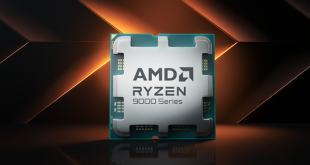Nvidia have announced their ‘Kal-El' quad core processor for tablets and smartphones.
Nvidia's senior vice president of mobile business unit Phil Carmack said “Just as the world has rallied around the concept of dual core, the world is about to see that quad core raises the bar, delivers a lot more performance, and fits into all mobile platforms.”
The Nvidia roadmap looks impressive, with chips called “Stark”, “Logan” and “Wayne” which will offer 100 times the processing power of the current Tegra 2 based phones by 2014.

Kal-el will have five times the graphics performance of Tegra 2 and can drive screens up to 2560×1600 resolution. Clearly this will be used as an output platform to a 30 inch super high resolution computer monitor.
Carmack added “You'll have full photo editing, video editing, writing of documents, browsing the Web, all sorts of stuff” at speed on a large monitor. This ultra-high resolution really does reduce the strain you feel on your eyes.”
Power consumption is also a talking point as Carmack said “Basically everything you can do on Tegra 2 is lower power on [Kal-El,]”. Very impressive if its accurate.
Nvidia also pointed out that Kal-El gives better benchmark figures than an Intel Core 2 Duo T7200, when running the CoreMark processor benchmark.
KitGuru says: Nvidia going to clean up in the years to come? It certainly looks like impressive technology.
 KitGuru KitGuru.net – Tech News | Hardware News | Hardware Reviews | IOS | Mobile | Gaming | Graphics Cards
KitGuru KitGuru.net – Tech News | Hardware News | Hardware Reviews | IOS | Mobile | Gaming | Graphics Cards



very impressive tech, mobile market is where the money is. I can see companies like nvidia put ting more emphasis into mobile rather than desktop GPU in future.